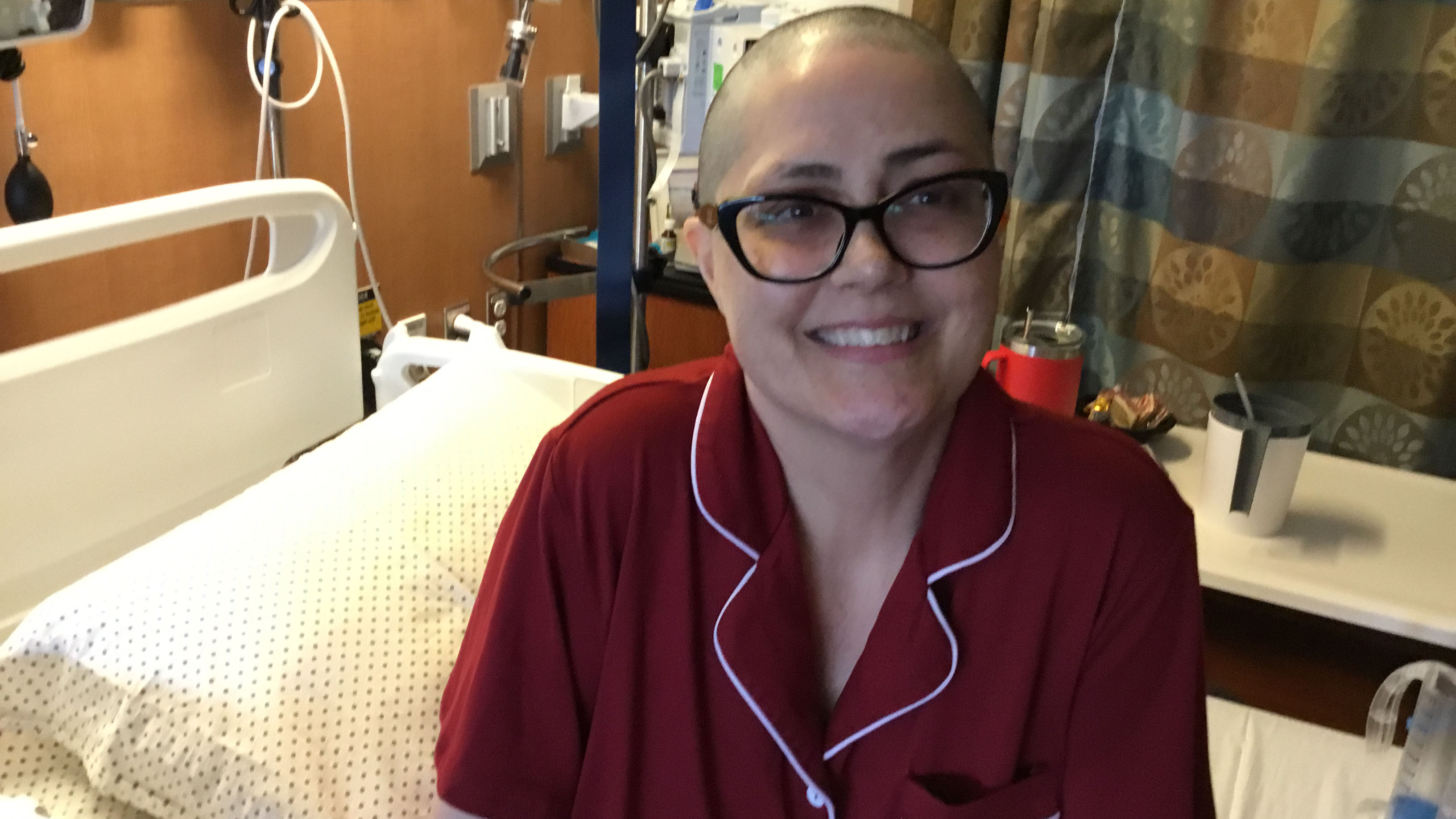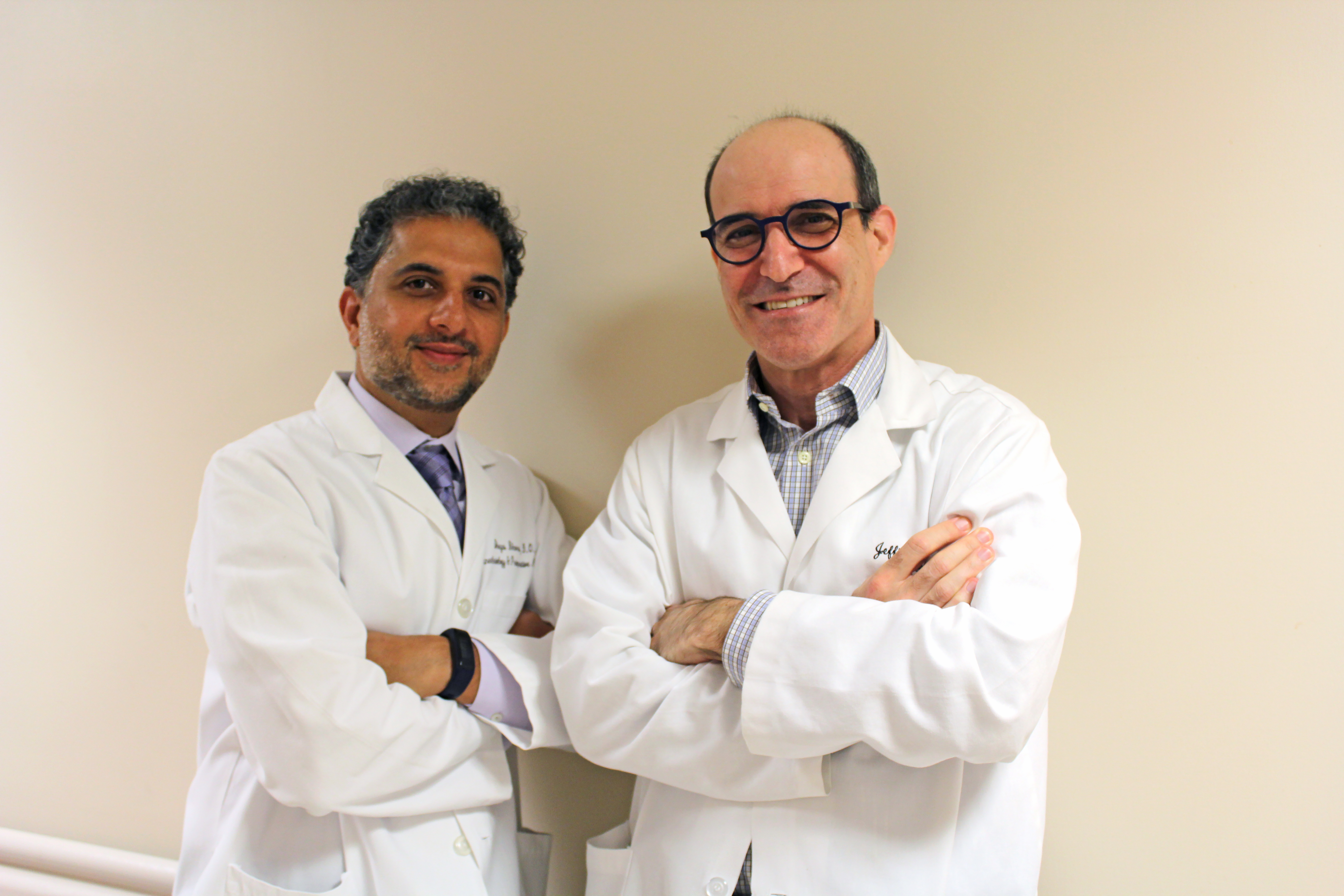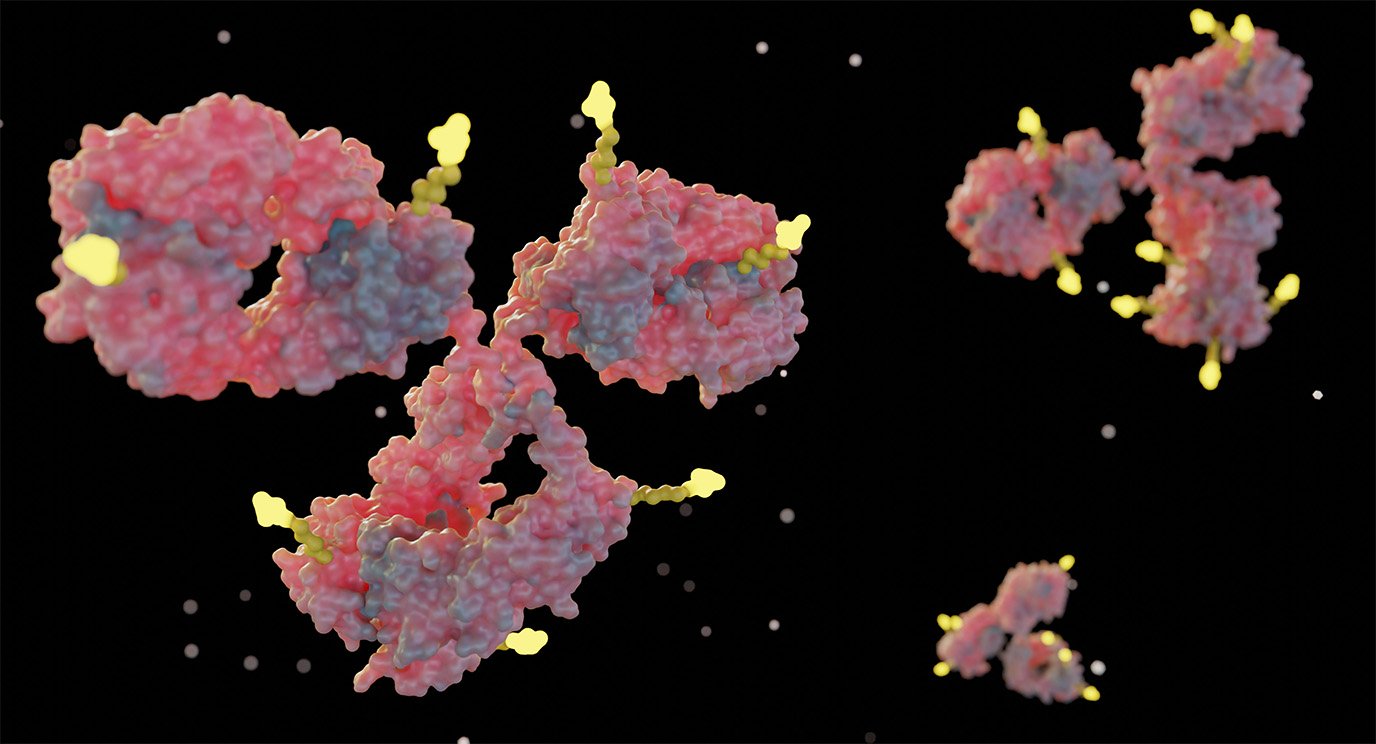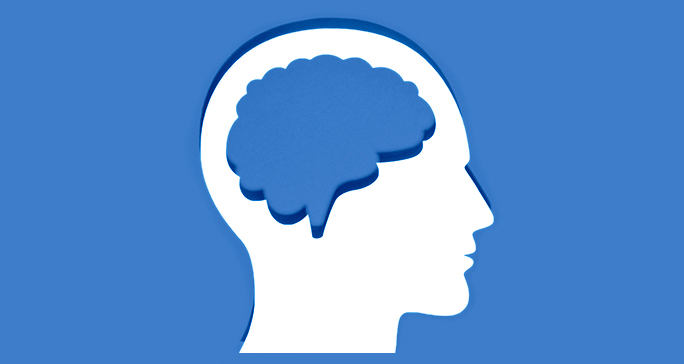- Diseases
- Acoustic Neuroma (16)
- Adrenal Gland Tumor (24)
- Anal Cancer (70)
- Anemia (2)
- Appendix Cancer (18)
- Bile Duct Cancer (26)
- Bladder Cancer (74)
- Brain Metastases (28)
- Brain Tumor (234)
- Breast Cancer (728)
- Breast Implant-Associated Anaplastic Large Cell Lymphoma (2)
- Cancer of Unknown Primary (4)
- Carcinoid Tumor (8)
- Cervical Cancer (164)
- Colon Cancer (168)
- Colorectal Cancer (118)
- Endocrine Tumor (4)
- Esophageal Cancer (44)
- Eye Cancer (36)
- Fallopian Tube Cancer (8)
- Germ Cell Tumor (4)
- Gestational Trophoblastic Disease (2)
- Head and Neck Cancer (14)
- Kidney Cancer (130)
- Leukemia (342)
- Liver Cancer (50)
- Lung Cancer (286)
- Lymphoma (278)
- Mesothelioma (14)
- Metastasis (30)
- Multiple Myeloma (100)
- Myelodysplastic Syndrome (60)
- Myeloproliferative Neoplasm (6)
- Neuroendocrine Tumors (16)
- Oral Cancer (102)
- Ovarian Cancer (178)
- Pancreatic Cancer (162)
- Parathyroid Disease (2)
- Penile Cancer (14)
- Pituitary Tumor (6)
- Prostate Cancer (150)
- Rectal Cancer (58)
- Renal Medullary Carcinoma (6)
- Salivary Gland Cancer (14)
- Sarcoma (238)
- Skin Cancer (302)
- Skull Base Tumors (56)
- Spinal Tumor (12)
- Stomach Cancer (66)
- Testicular Cancer (28)
- Throat Cancer (92)
- Thymoma (6)
- Thyroid Cancer (100)
- Tonsil Cancer (30)
- Uterine Cancer (86)
- Vaginal Cancer (18)
- Vulvar Cancer (22)
- Cancer Topic
- Adolescent and Young Adult Cancer Issues (22)
- Advance Care Planning (12)
- Biostatistics (2)
- Blood Donation (18)
- Bone Health (8)
- COVID-19 (360)
- Cancer Recurrence (120)
- Childhood Cancer Issues (120)
- Clinical Trials (628)
- Complementary Integrative Medicine (22)
- Cytogenetics (2)
- DNA Methylation (4)
- Diagnosis (240)
- Epigenetics (6)
- Fertility (62)
- Follow-up Guidelines (2)
- Health Disparities (14)
- Hereditary Cancer Syndromes (128)
- Immunology (18)
- Li-Fraumeni Syndrome (8)
- Mental Health (122)
- Molecular Diagnostics (8)
- Pain Management (62)
- Palliative Care (8)
- Pathology (10)
- Physical Therapy (18)
- Pregnancy (18)
- Prevention (940)
- Research (390)
- Second Opinion (78)
- Sexuality (16)
- Side Effects (616)
- Sleep Disorders (10)
- Stem Cell Transplantation Cellular Therapy (216)
- Support (408)
- Survivorship (330)
- Symptoms (182)
- Treatment (1794)
Glioblastoma survivor: A second opinion gave me hope
3 minute read | Published July 25, 2016
Medically Reviewed | Last reviewed by an MD Anderson Cancer Center medical professional on July 25, 2016
In the summer of 2014, my family and I were on vacation in Italy. Each morning for almost two weeks, I woke up with a terrible headache. They felt a lot like the sinus headaches I’d had since I was a teenager, but none of the routine medications helped.
My wife and I decided to wait until we got home to Texas to see if the headache came from allergies or the hard Italian pillows. But when I continued to wake up with the same headache back in Texas, I decided to see a doctor. A visit to urgent care resulted in a “stress headache” diagnosis.
But when I got home from my normal weekend 5-mile run the next day, I got an intense headache, felt dizzy and broke out in a cold sweat. My wife took me to the emergency room. A scan detected a dark mass in my brain that turned out to be glioblastoma. Three days later, I underwent surgery to remove the brain tumor, but was told there was little cause for hope.
My glioblastoma treatment MD Anderson
I had a lot to live for – a wonderful wife and our beautiful 10-year-old daughter – but my spirits were crushed. I tried hard to maintain my faith and composure, but it was the scariest thing I could have ever imagined.
At the encouragement of my wife, I sought a second opinion at MD Anderson. When we first arrived at the Brain and Spine Center and met neuro-oncologist John de Groot, M.D., and radiation oncologist Susan McGovern, M.D., Ph.D., we felt much more at ease.
They offered encouragement that, despite statistics, there is always reason to be hopeful. And MD Anderson clearly had everything I needed. As large and sometimes confusing to navigate as it is, everything is set up with the sole purpose of delivering best-in-class care to the patient. It's something I could actually “feel” when I first walked in the door. We were also blessed with doctors and medical staff who were very obviously experts in their area of care.
I was treated with six weeks of simultaneous radiation and chemotherapy in August 2014, followed by a year of maintenance chemo. No one promised that it would be a picnic, but we received great support from our care team, including the sweet radiation therapists Betty and Sharon, who kept me comfortable; the wonderful administrator who helped make sure our insurance company covered my care; and the pharmacist who always recognized my wife and me each time we came in.
Coping with glioblastoma side effects
I'm happy to report that repeated MRI scans have shown no recurrence of my glioblastoma since July 2014. During and after my treatment, I have experienced aches, pains, weakness and even lymphedema. Some of this was a result of the treatment, and some was simply a combination of my age, treatment and a year of relative inactivity.
My medical team always sympathized and took my symptoms and side effects seriously. They referred me to others within MD Anderson who could help with these side effects. I am grateful to the physical therapy team at MD Anderson in Sugar Land – Marigold, Marissa, Leslie, Jeannie and their staff. They helped me gain my strength back after treatment and deal with the lingering aches and pains.
Advice for other cancer patients
Through my glioblastoma journey, I’ve learned four things:
- First and most importantly, don’t give up hope. Much of the ordeal is scary, even terrifying, but strictly following my medical team’s advice offered me the best chance of overcoming the diagnosis.
- Secondly, treatment weakens even the most active person. Ask early on for a physical therapy referral. Physical therapy can help you regain the strength you need to heal, both physically and emotionally.
- Third, as the old adage goes, “Ask and you shall receive.” If you need help, talk to your medical team. I was very impressed with the support MD Anderson was able to offer me, from standard of care treatment all the way to nutrition, physical therapy, pain management and Integrative Medicine.
- Fourth, life is short and precious. Cherish what’s important to you, and share with others whatever mercy and kindness you are shown.
Related Cancerwise Stories

Cherish what’s important to you, and share with others whatever mercy and kindness you are shown.
Christopher Larkins
Survivor





